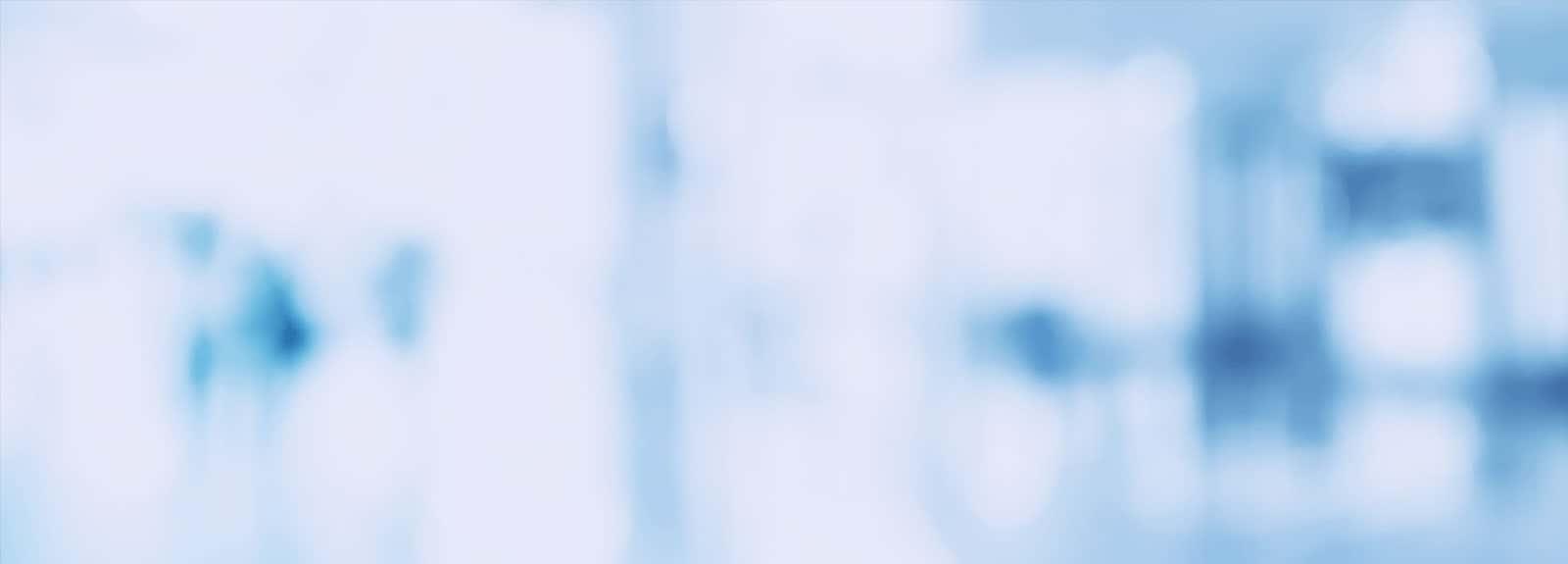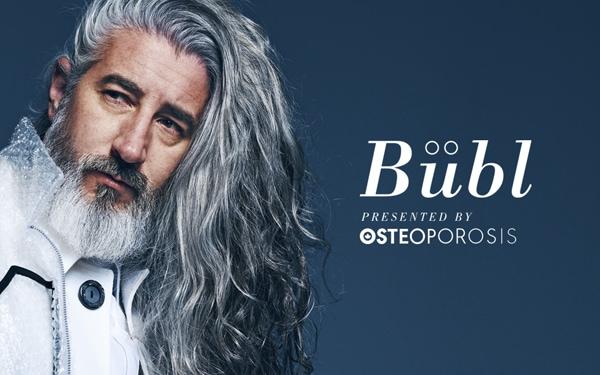
New Study Suggests Association Between Intake of Dairy Milk with Greater Risk of Breast Cancer

New Study Suggests Association Between Intake of Dairy Milk with Greater Risk of Breast Cancer
A recent study from the US suggests women who drink as little as one cup /250 ml of cow’s milk per day could be increasing their risk of developing breast cancer by up to 50%. This study from Knutsen and colleagues is part of the Adventist Health Study-2, a large population-based study of Adventists from the US and Canada. The study assessed the relationship between risk of breast cancer and the intake of soy milk, other soy products, dairy milk, and other dairy foods.
This study followed nearly 53,000 women who were members of the Seventh Day Adventist Church for almost 8 years. The authors concluded that as dairy milk intake increased (regardless of fat content) so did the risk of breast cancer. No clear association was found between consumption of soy products and breast cancer.
It should be noted that this was an observational study. In this type of study, researchers observe what effect a risk factor (e.g., soy and dairy) has on health outcomes (e.g., breast cancer) over time. While this type of study can suggest a link (correlation or association) between a risk factor and an outcome, it cannot establish that the risk factor CAUSED the health outcome. In this study, dietary intake of soy and dairy was self-reported, leaving room for errors and omissions. In addition, diet was only assessed once, at the beginning of the study, meaning that possible changes in diet over the 8 years were not taken into account. The study also does not take into account other potential risk factors that could affect the outcome, such as quality of diet (fruit and vegetable intake was not measured); amount or intensity of physical activity; quantity of alcohol consumed; or amount smoked. Furthermore, Adventists diet may differ considerably from the general population as many follow a plant-based diet and exclude processed foods, alcohol, and caffeine, so it is difficult to know if these results can be applied to the general population.
The authors note that dairy milk has many positive nutritional qualities and suggest more research is needed to understand if there is a causal link between dairy intake or other closely related unidentified factors and breast cancer risk. Until then, a balanced and a varied diet including sources of calcium, regular physical activity, and avoiding smoking and excess alcohol make for a healthy lifestyle.
Osteoporosis Canada recommends that men and women over the age of 50 get 1000-1200 mg of calcium through all sources (diet and supplements). Information on non-dairy sources of calcium is available from the Calcium Calculator on the OC website.
https://osteoporosis.ca/bone-health-osteoporosis/calcium-calculator/#page-1
1. Dairy, soy, and risk of breast cancer: those confounded milks. Fraser GE, Jaceldo-Siegl K, Orlich M, Mashchak A, Sirirat R, Knutsen S. Int J Epidemiol. 2020 Feb 25. pii: dyaa007. doi: 10.1093/ije/dyaa007.
Scientific Advisory Council
Osteoporosis Canada’s rapid response team, made up of members of the Scientific Advisory Council, creates position statements as news breaks regarding osteoporosis. The position statements are used to inform both the healthcare professional and the patient. The Scientific Advisory Council (SAC) is made up of experts in Osteoporosis and bone metabolism and is a volunteer membership.


